
kids are worth it!
¥84.16
The parenting classic, now revised with new chapters, checklists, and information about today's most pressing issues regarding our children This bestselling guide rejects "quick-fix" solutions and focuses on helping kids develop their own self-discipline by owning up to their mistakes, thinking through solutions, and correcting their misdeeds while leaving their dignity intact. Barbara Coloroso shows these principles in action through dozens of examples -- from sibling rivalry to teenage rebellion; from common misbehaviors to substance abuse and antisocial behavior. She also explains how to parent strong-willed children, effective alternatives to time-outs, bribes, and threats, and how to help kids resolve disputes and serious injustices such as bullying. Filled with practical suggestions for handling the ordinary and extraordinary tribulations of growing up, kids are worth it! helps you help your children grow into responsible, resilient, resourceful adults -- not because you tell them to, but because they want to.
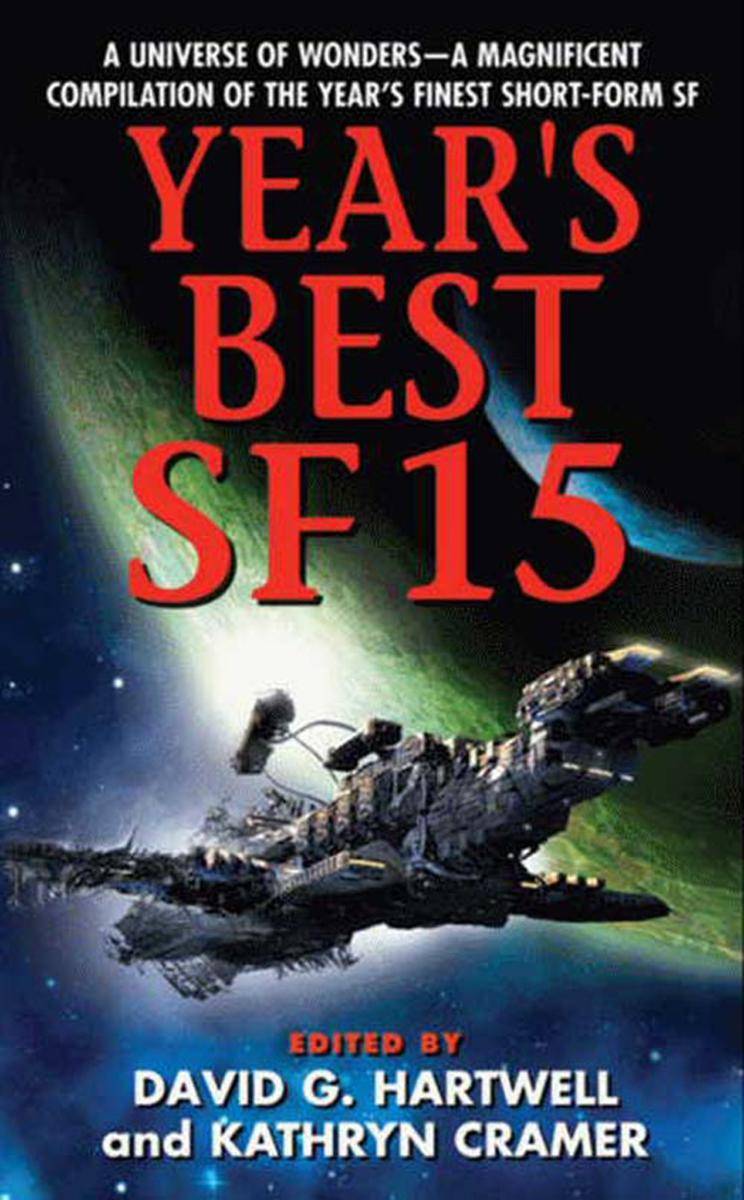
Year's Best SF 15
¥55.91
Who knows what awaits us tomorrowMuch of the most innovative and exhilarating work performed in the boundary-less arena of SF is being done in the short form. This year's magnificent harvest gathered, as always, by acclaimed award-winning editors and anthologists David G. Hartwell and Kathryn Cramer offers glimpses of worlds and tomorrows that would have been inconceivable just a few years ago. Brilliant, bold, unusual, and soaring flights into the hitherto unforeseen yet increasingly possible future, Year's Best SF 15 offers truly breathtaking stories by some of speculative fiction's brightest lights, including: Stephen Baxter Nancy Kress Alastair Reynolds Geoff Ryman Bruce Sterling Peter Watts Robert Charles Wilson Gene Wolfe and others

Snow Falls and Then Disappears
¥22.03
The Secret Lives of People in Love is the first short story collection by award-winning writer Simon Van Booy. These stories, set in Kentucky, New York, Paris, Rome, and Greece, are a perfect synthesis of intensity and atmosphere. Love, loss, human contact, and isolation are Van Booy's themes. In radiant prose he writes about the difficult choices we make in order to retain our humanity and about the redemptive power of love in a violent world. Included in this updated P.S. edition is the new story "The Mute Ventriloquist."

Power
¥168.37
In this crowning achievement, one of the greatest minds in management theory reveals how to succeed and wield power in the real world. Over decades of consulting with corporations and teaching MBA students the nuances of organizational power, Jeffrey Pfeffer has watched numerous people suffer career reversals even as others prevail despite the odds. Our most common mistake is not having a realistic understanding of what makes some people more successful than others. By believing that life is fair, we tend to subscribe to the “just-world phenomenon,” which leaves us unprepared for the challenges and competition of the real world. Now Pfeffer brings decades of his incredible insights to a wider audience. Brimming with counterintuitive advice, numerous examples from various countries, and surprising findings based on his research, this groundbreaking guide reveals the strategies and tactics that separate the winners from the losers. Power, he argues, is a force that can be used and harnessed not only for individual gain but also for the benefit of organizations and society. Power, however, is not something that can be learned from those in charge their advice often puts a rosy spin on their ascent and focuses on what should have worked, rather than what actually did. Instead, Pfeffer reveals the true paths to power and career success. Iconoclastic and grounded in the realpolitik of human interaction, Power is an essential organizational survival manual and a new standard in the field of leadership and management.
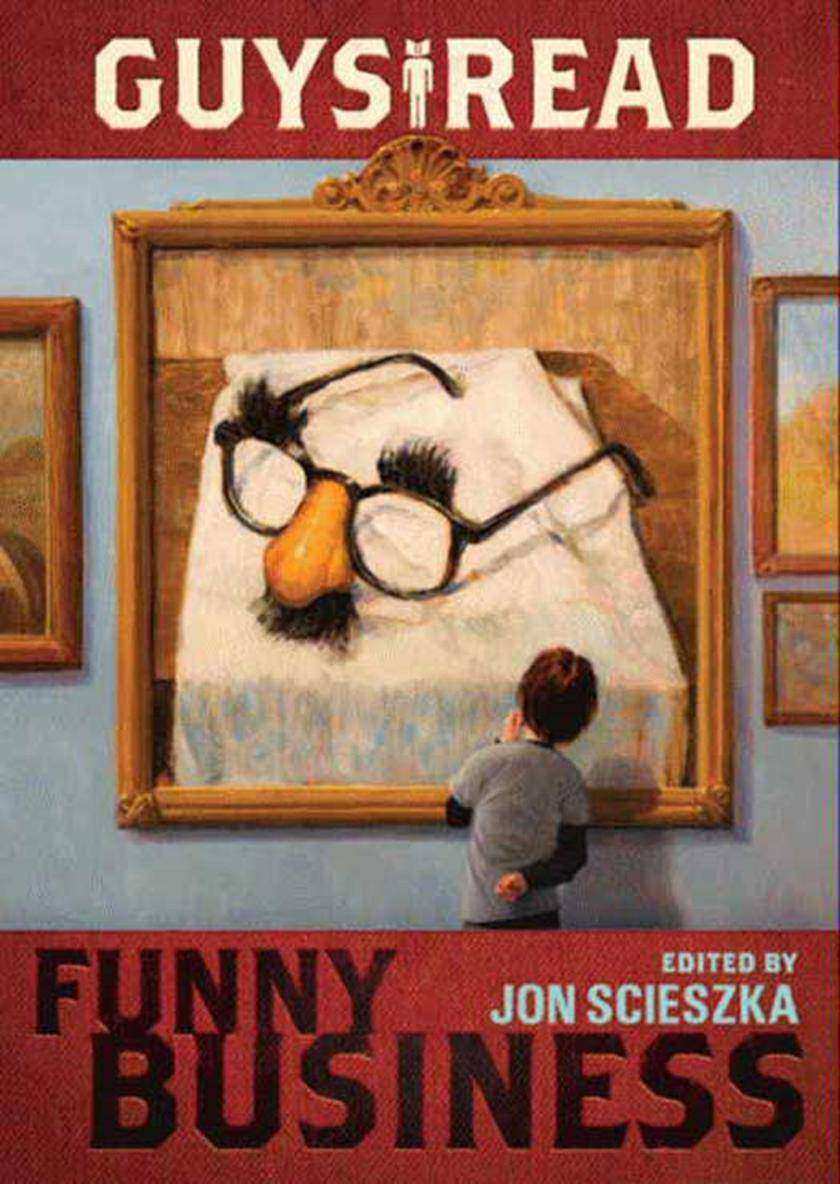
Walden Pond Press
¥44.25
It here: Volume One of the official Guys Read Library. Jon Scieszka Guys Read initiative was founded on a simple premise: that young guys enjoy reading most when they have reading they can enjoy. And out of this comes a series that aims to give them just that. Ten books, arranged by theme, featuring the best of the best where writing for kids is concerned. Each book is a collection of original short stories, but these aren't your typical anthologies each book is edgy, inventive, visual, and one-of-a-kind, featuring a different theme for guys to get excited about. Funny Business is based around the theme of what elsehumor, and if you're familiar with Jon and Guys Read, you already know what you're in store for: ten hilarious stories from some of the funniest writers around. Before you're through, you'll meet a teenage mummy; a kid desperate to take a dip in the world largest pool of chocolate milk; a homicidal turkey; parents who hand over their son room to a biker; the only kid in his middle school who hasn't turned into a vampire, wizard, or superhero; and more. And the contributor list includes bestselling author, award winners, and fresh new talent alike: Mac Barnett, Eoin Colfer, Christopher Paul Curtis, Kate DiCamillo (writing with Jon Scieszka), Paul Feig, Jack Gantos, Jeff Kinney, David Lubar, Adam Rex, and David Yoo. Guys Read is all about turning young readers into lifelong ones and with this book, and each subsequent installment in the series, we aim to leave no guy unturned.
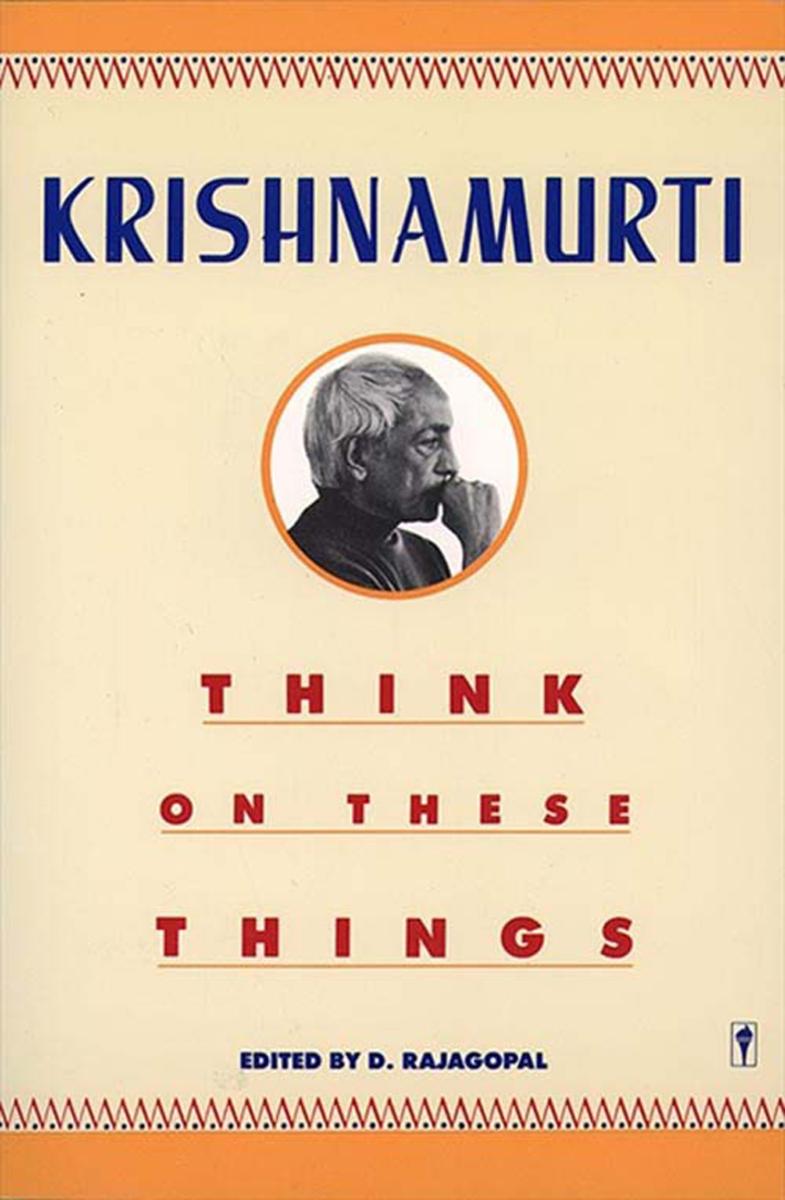
Think on These Things
¥94.10
The material contained in this volume was originally presented in the form of talks to students, teachers and parents in India, but its keen penetration and lucid simplicity will be deeply meaningful to thoughtful people everywhere, of all ages, and in every walk of life. Krishnamurti examines with characteristic objectivity and insight the expressions of what we are pleased to call our culture, our education, religion, politics and tradition; and he throws much light on such basic emotions as ambition, greed and envy, the desire for security and the lust for power all of which he shows to be deteriorating factors in human society.From the Editor NoteKrishnamurti observations and explorations of modern man estate are penetrating and profound, yet given with a disarming simplicity and directness. To listen to him or to read his thoughts is to face oneself and the world with an astonishing morning freshness.Anne Marrow Lindbergh

House, M.D. 豪斯医生官方指南
¥105.17
The authorized guide to the television phenomenon House, M.D. For the last six years House, M.D. has been one of the most popular and captivating shows on television. Following the stories of a misanthropic genius doctor named Gregory House and his team of specialists, each week the show confronts medical mysteries that have baffled the best minds in medicine. Centered around one of the most compelling characters on television brilliantly portrayed by actor Hugh Laurie the Emmy Award winning TV drama has been keeping millions of viewers intrigued and enthralled since it began, always offering an entertaining mixture of drama and humor. Based on unprecedented access to the show's cast members and creative staff, House, M.D. is the first fully authorized guide to the hit medical drama, offering a close-up view inside the world of House . From the show's genesis to today, this companion provides unique insight into the TV drama, as the actors, writers, and producers who've created these characters describe in their own words what the show means to them. This book also delves into fascinating discussions of the show's medical science and controversial ethical issues, as well as includes exclusive photographs from the set and an intimately detailed look at the making of an episode. Essential reading for any House fan, House, M.D. is the ultimate behind-the-scenes guide to TV's most captivating show.
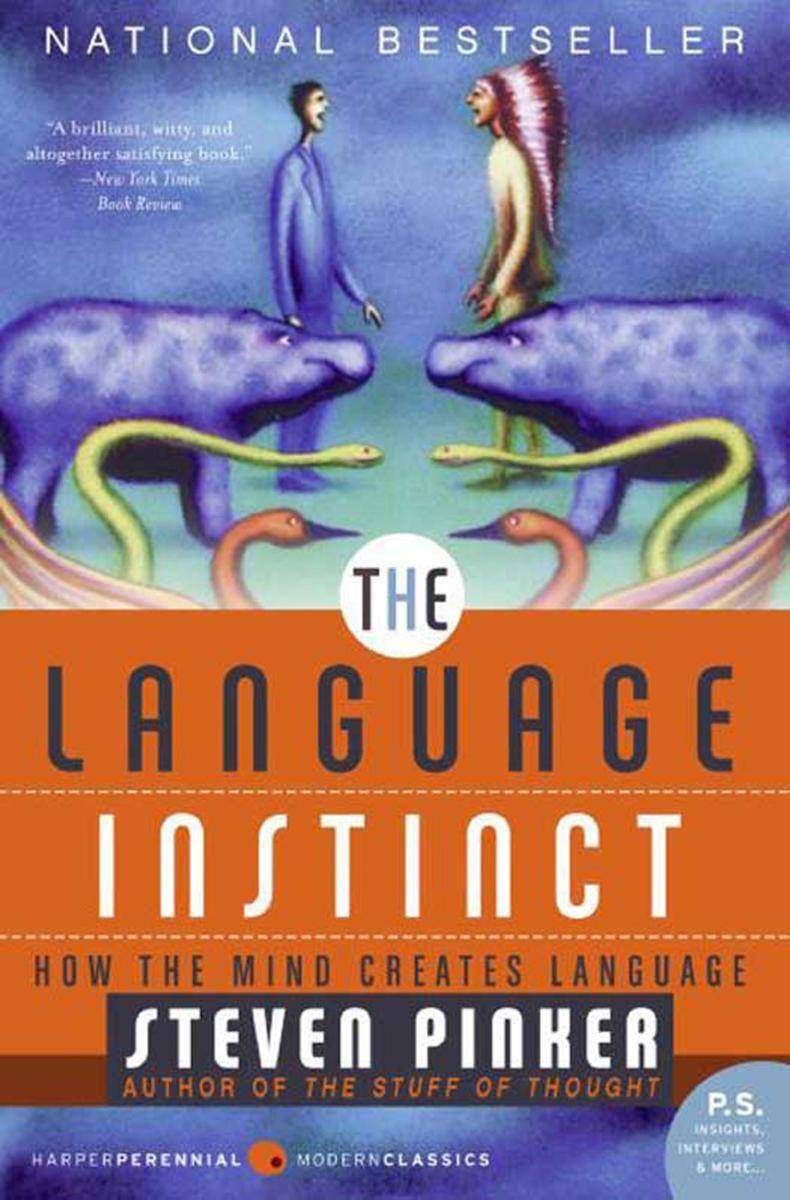
The Language Instinct
¥100.71
In this classic, the world's expert on language and mind lucidly explains everything you always wanted to know about language: how it works, how children learn it, how it changes, how the brain computes it, and how it evolved. With deft use of examples of humor and wordplay, Steven Pinker weaves our vast knowledge of language into a compelling story: language is a human instinct, wired into our brains by evolution. The Language Instinct received the William James Book Prize from the American Psychological Association and the Public Interest Award from the Linguistics Society of America. This edition includes an update on advances in the science of language since The Language Instinct was first published.
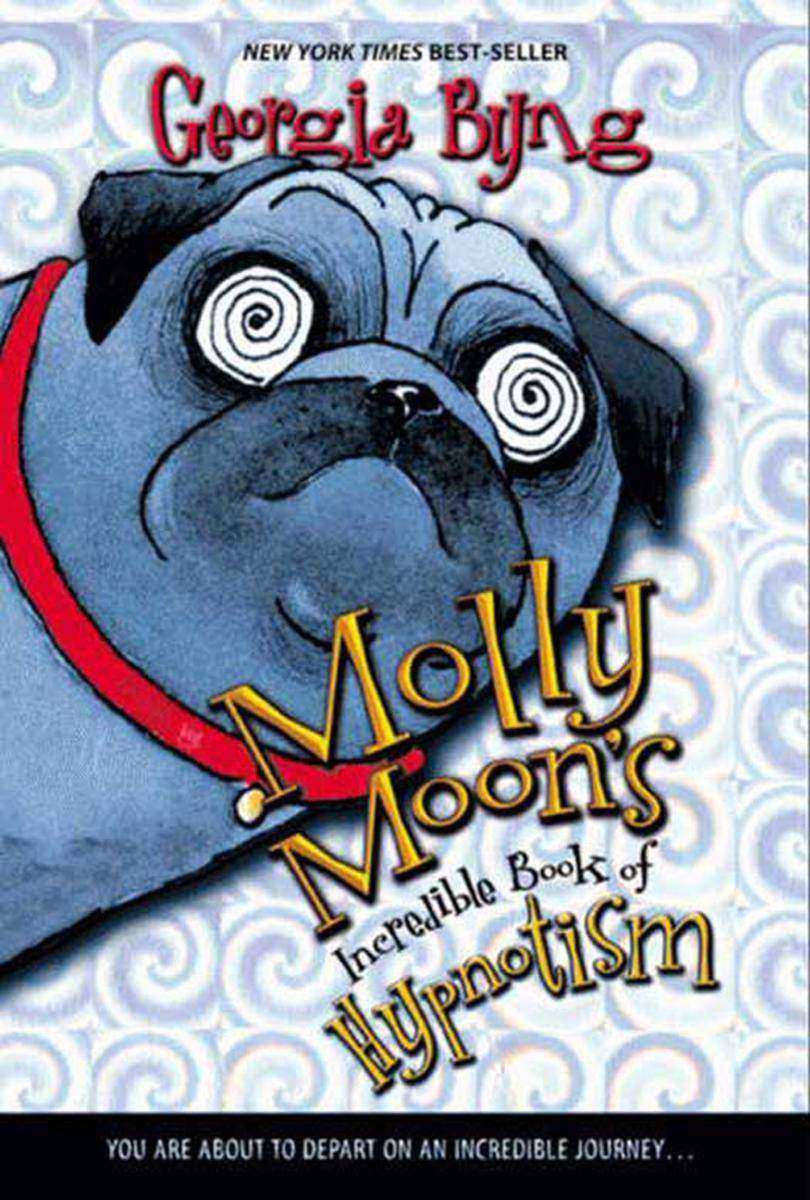
Molly Moon's Incredible Book of Hypnotism
¥44.73
Welcome to the Wonderful World of Hypnotism Molly Moon is no ordinary orphan. When she finds a mysterious old book on hypnotism, she discovers she can make people do whatever she wants. But a sinister stranger is watching her every move and he'll do anything to steal her hypnotic secret...
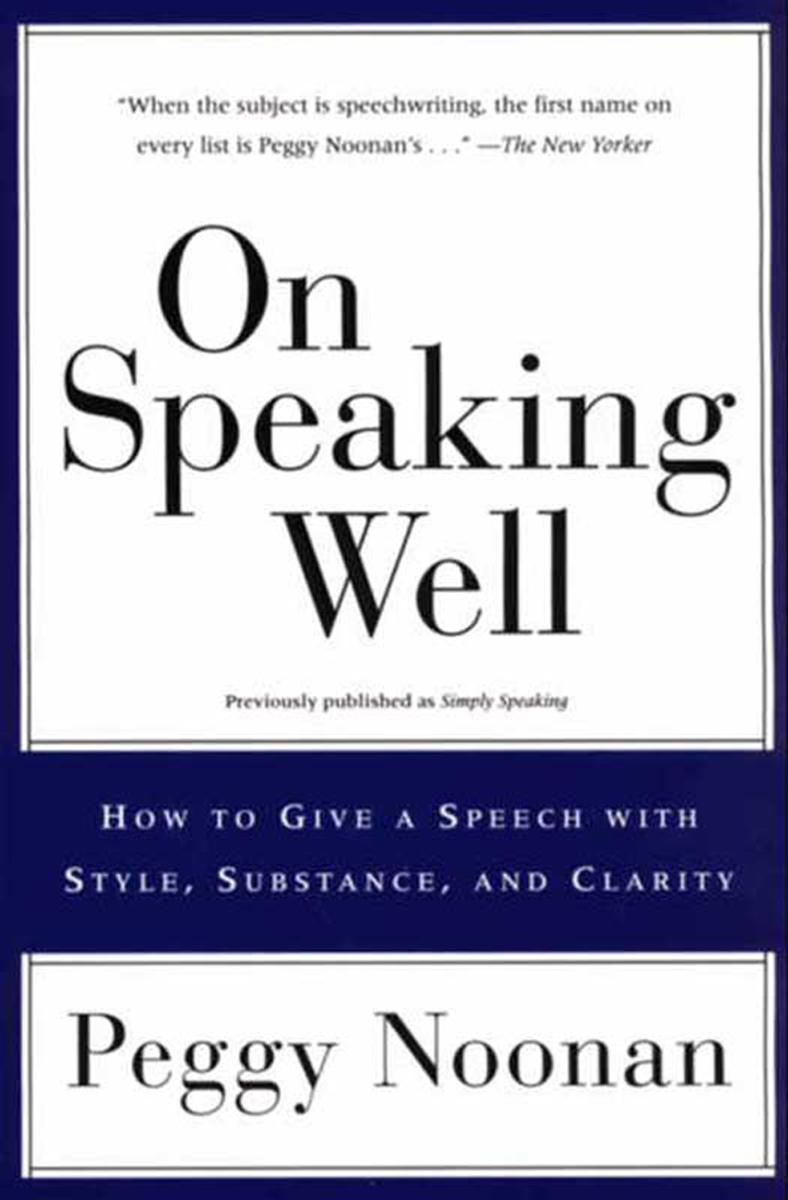
On Speaking Well
¥88.56
For anyone who fears the thought of writing and giving a speech--be it to business associates, or at a wedding--help is at hand. Acclaimed presidential speechwriter Peggy Noonan shares her secrets to becoming a confidence, persuasive speaker demystifying topics including: Finding you own authentic voice Developing a text that interest you Acing the all-important first paragraph Using logic to move your audience Creating, developing, and reinventing the "core speech" for diverse audiences Strengthening your speech with a vital element: humor Winnowing your thought down to the essentials Handling professional jargon, clich s, and the sound bite syndrome Presenting your speech in the best way Collecting intellectual income--conversing your speech treasures Breaking all the rules and still succeeding Reading for inspiration--how to use the excellence of others Complete with lessons, tips and memorable examples, On Speaking Well shows us how to create forceful, persuasive, relevant speeches that will resonate with our audiences. Engaging, informative, and always entertaining, this is undoubtedly the authoritative how-to guide for anyone writing or giving a speech

Stanley in Space
¥27.94
A Far-out adventure! The President of the United States has chosen Stanley Lambchop and his family to become the first humans to fly in the Star Scout, a new top-secret spaceship. Stanley's most exciting adventure is about to begin. He'll meet the Queen of England, have a birthday party in outer space, and save a whole planet of aliens from danger. Oh, that Stanley!

Stanley, Flat Again!
¥27.94
Is Stanley flat again!Stanley Lambchop has had his share of unusual adventures. But being flat was one thing he thought he was through with forever. Then one morning, he discovers he was wrong. Still, there is so much that a boy who is only one inch thick can do that a round person can’t. Maybe this time, all it will take is one amazing event for everything to finally make sense.
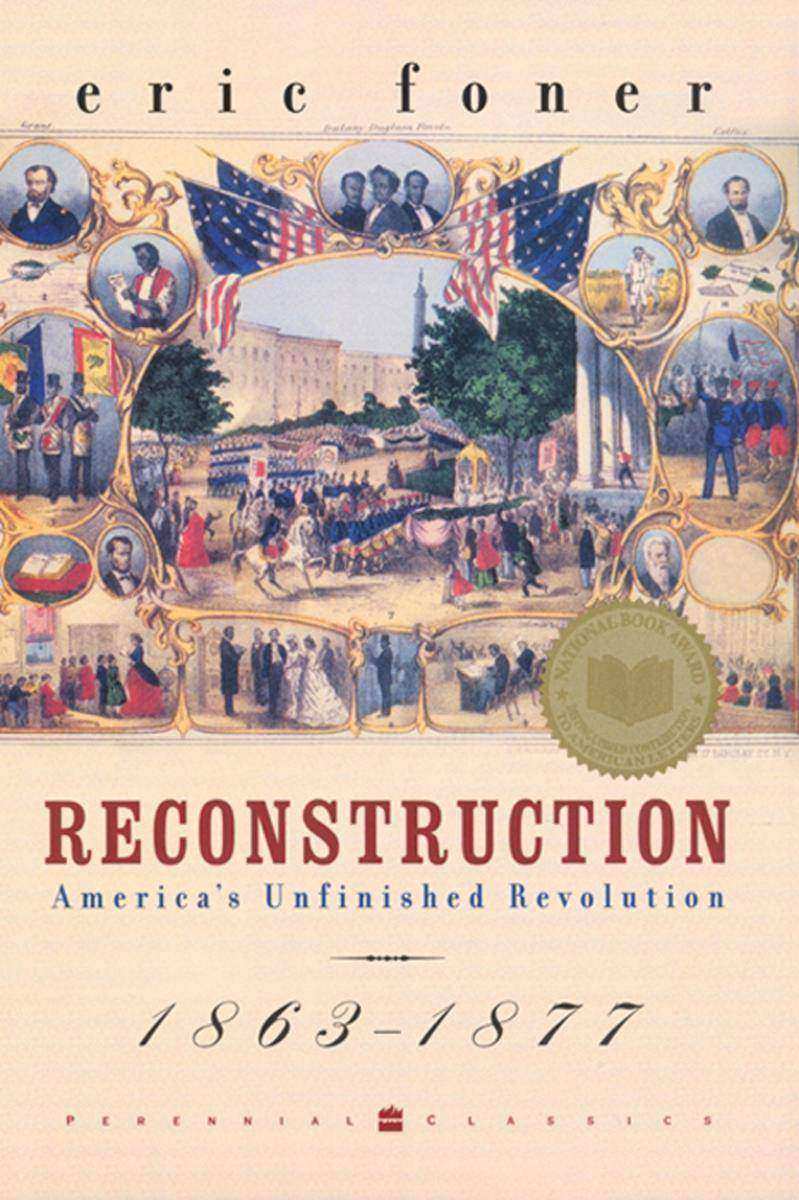
Reconstruction
¥132.87
This "masterful treatment of one of the most complex periods of American history" (New Republic ) made history when it was originally published in 1988. It redefined how Reconstruction was viewed by historians and people everywhere in its chronicling of how Americans -- black and white -- responded to the unprecedented changes unleashed by the war and the end of slavery. This "smart book of enormous strengths" (Boston Globe ) has since gone on to become the classic work on the wrenching post-Civil War period -- an era whose legacy reverberates still today in the United States.

The End of Fashion
¥94.10
The time when "fashion" was defined by French designers whose clothes could be afforded only by elite has ended. Now designers take their cues from mainstream consumers and creativity is channeled more into mass-marketing clothes than into designing them. Indeed, one need look no further than the Gap to see proof of this. In The End of Fashion, Wall Street Journal, reporter Teri Agins astutely explores this seminal change, laying bare all aspects of the fashion industry from manufacturing, retailing, anmd licensing to image making and financing. Here as well are fascinating insider vignettes that show Donna Karan fighting with financiers,the rivalry between Ralph Lauren and Tommy Hilfiger, and the commitment to haute conture that sent Isaac Mizrahi's business spiraling.

My Weirder School #6: Mayor Hubble Is in Trouble!
¥27.94
My Weirder School weirder than ever! Election day is right around the corner, and guess who's running for class presidentA.J. and Andrea! Mayor Hubble is going to teach the kids all the ins and outs of politics, and every vote counts. Who's going to winWho's going to loseAnd who's going to kiss a babyEw, gross!
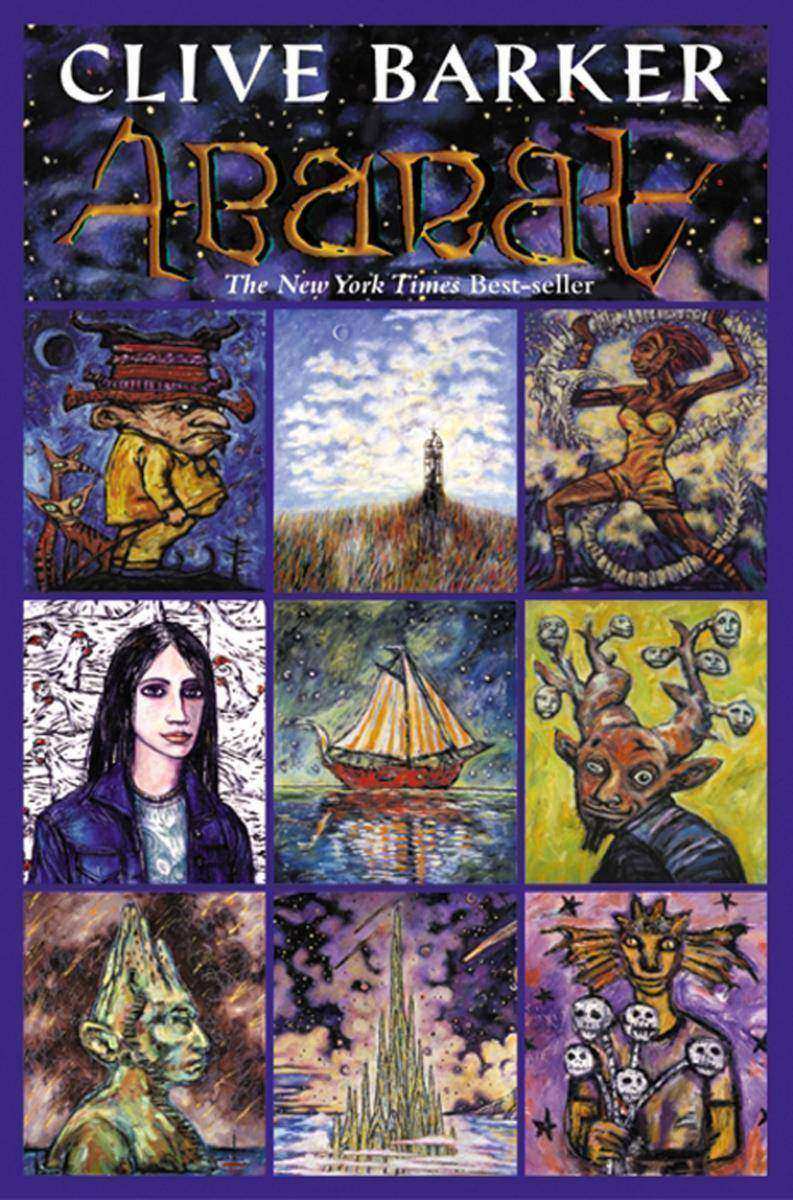
Abarat
¥61.52
A journey beyond imagination is about to unfold. . . . It begins in the most boring place in the world: Chickentown, U.S.A. There lives Candy Quackenbush, her heart bursting for some clue as to what her future might hold. When the answer comes, it's not one she expects. Welcome to the Abarat.

Miss Dahl's Voluptuous Delights
¥184.71
Food is meant to be enjoyed, and Sophie Dahl would have it no other way. Growing up in a family of true food lovers, she began cooking at a young age and never looked back. Miss Dahl's Voluptuous Delights presents nearly one hundred of her tried-and-true recipes, organized around the four seasons and using the freshest ingredients available. Accented with her stories about how she came to know these foods and why she loves them, Miss Dahl's Voluptuous Delights provides a complete picture of what a meal should provide. From lemon-scented summer stews, to crisply burnished pies, to salads and soups for breezy lunches, to decadent desserts, Sophie Dahl cooks food that is indulgent, delicious, and wholesome.

666 Park Avenue
¥83.92
What if your mother-in-law turned out to be evil. . . literallyEver since fabulously wealthy Malcolm Doran walked into her life and swept her off her feet, fledgling architect Jane Boyle has been living a fairy tale. When he proposes with a stunning diamond to seal the deal, Jane can't believe her incredible luck and decides to leave her Paris-based job to make a new start with Malcolm in New York. But when Malcolm introduces Jane to the esteemed Doran clan, one of Manhattan most feared and revered families, Jane fairy tale takes a darker turn. Soon everything she thought she knew about the world and herself is upended. Now Jane must struggle with newfound magical abilities and the threat of those who will stop at nothing to get them. Cover Art ABC 2012 ABC logo is a registered trademark of American Broadcasting Companies, Inc. 2012 Warner Bros. Entertainment Inc. All Rights Reserved.
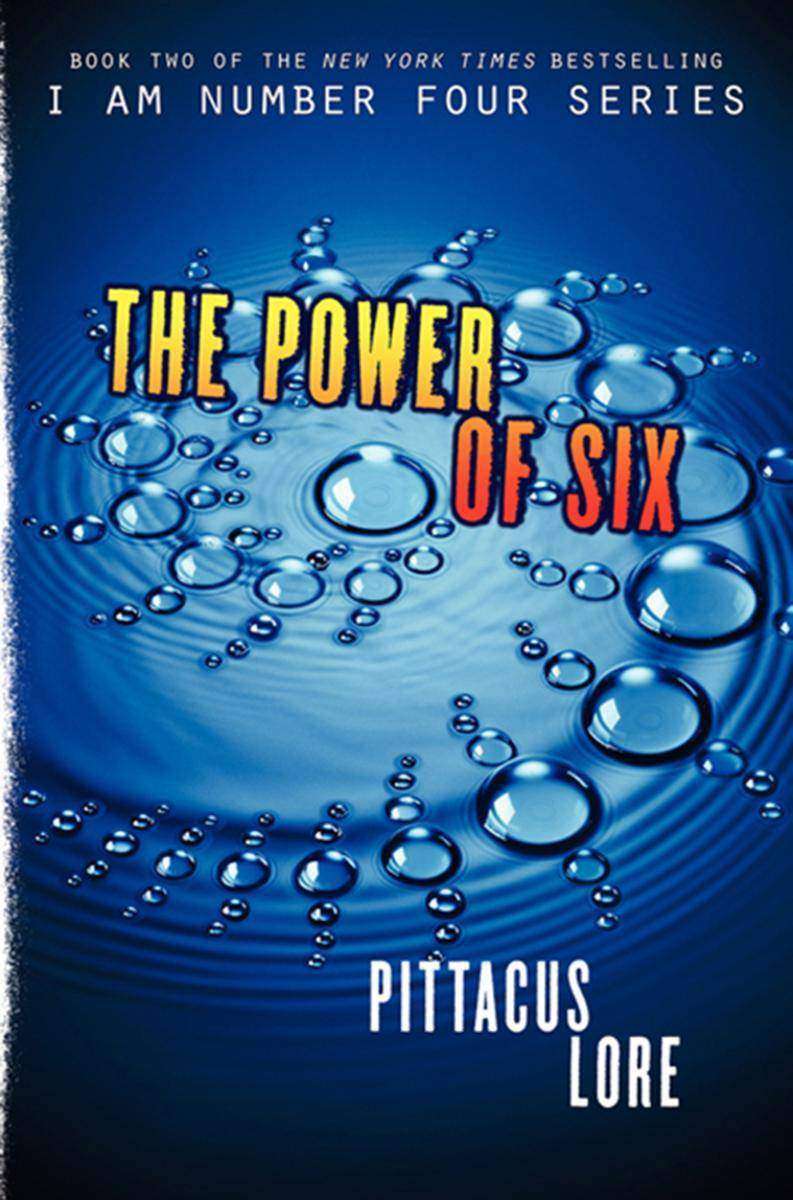
The Power of Six
¥61.52
I've seen him on the news. Followed the stories about what happened in Ohio. John Smith, out there, on the run. To the world, he's a mystery. But to me . . . he's one of us. Nine of us came here, but sometimes I wonder if time has changed us if we all still believe in our mission. How can I knowThere are six of us left. We're hiding, blending in, avoiding contact with one another . . . but our Legacies are developing, and soon we'll be equipped to fight. Is John Number Four, and is his appearance the sign I've been waiting forAnd what about Number Five and SixCould one of them be the raven-haired girl with the stormy eyes from my dreamsThe girl with powers that are beyond anything I could ever imagineThe girl who may be strong enough to bring the six of us togetherThey caught Number One in Malaysia. Number Two in England. And Number Three in Kenya. They tried to catch Number Four in Ohio and failed. I am Number Seven. One of six still alive. And I'm ready to fight.

Getting Started with Python Data Analysis
¥63.21
Learn to use powerful Python libraries for effective data processing and analysisAbout This BookLearn the basic processing steps in data analysis and how to use Python in this area through supported packages, especially Numpy, Pandas, and MatplotlibCreate, manipulate, and analyze your data to extract useful information to optimize your systemA hands-on guide to help you learn data analysis using Python Who This Book Is For If you are a Python developer who wants to get started with data analysis and you need a quick introductory guide to the python data analysis libraries, then this book is for you.What You Will LearnUnderstand the importance of data analysis and get familiar with its processing stepsGet acquainted with Numpy to use with arrays and array-oriented computing in data analysisCreate effective visualizations to present your data using MatplotlibProcess and analyze data using the time series capabilities of PandasInteract with different kind of database systems, such as file, disk format, Mongo, and RedisApply the supported Python package to data analysis applications through examplesExplore predictive analytics and machine learning algorithms using Scikit-learn, a Python library In Detail Data analysis is the process of applying logical and analytical reasoning to study each component of data. Python is a multi-domain, high-level, programming language. It’s often used as a *ing language because of its forgiving syntax and operability with a wide variety of different eco-systems. Python has powerful standard libraries or toolkits such as Pylearn2 and Hebel, which offers a fast, reliable, cross-platform environment for data analysis. With this book, we will get you started with Python data analysis and show you what its advantages are. The book starts by introducing the principles of data analysis and supported libraries, along with NumPy basics for statistic and data processing. Next it provides an overview of the Pandas package and uses its powerful features to solve data processing problems. Moving on, the book takes you through a brief overview of the Matplotlib API and some common plotting functions for DataFrame such as plot. Next, it will teach you to manipulate the time and data structure, and load and store data in a file or database using Python packages. The book will also teach you how to apply powerful packages in Python to process raw data into pure and helpful data using examples. Finally, the book gives you a brief overview of machine learning algorithms, that is, applying data analysis results to make decisions or build helpful products, such as recommendations and predictions using scikit-learn.Style and approach This is an easy-to-follow, step-by-step guide to get you familiar with data analysis and the libraries supported by Python. Topics are explained with real-world examples wherever required.

Apache Cassandra Essentials
¥63.21
Create your own massively scalable Cassandra database with highly responsive database queries About This Book Create a Cassandra cluster and tweak its configuration to get the best performance based on your environment Analyze the key concepts and architecture of Cassandra, which are essential to create highly responsive Cassandra databases A fast-paced and step-by-step guide on handling huge amount of data and getting the best out of your database applications Who This Book Is For If you are a developer who is working with Cassandra and you want to deep dive into the core concepts and understand Cassandra’s non-relational nature, then this book is for you. A basic understanding of Cassandra is expected. What You Will Learn Install and set up your Cassandra Cluster using various installation types Use Cassandra Query Language (CQL) to design Cassandra database and tables with various configuration options Design your Cassandra database to be evenly loaded with the lowest read/write latencies Employ the available Cassandra tools to monitor and maintain a Cassandra cluster Debug CQL queries to discover why they are performing relatively slowly Choose the best-suited compaction strategy for your database based on your usage pattern Tune Cassandra based on your deployment operation system environment In Detail Apache Cassandra Essentials takes you step-by-step from from the basics of installation to advanced installation options and database design techniques. It gives you all the information you need to effectively design a well distributed and high performance database. You’ll get to know about the steps that are performed by a Cassandra node when you execute a read/write query, which is essential to properly maintain of a Cassandra cluster and to debug any issues. Next, you’ll discover how to integrate a Cassandra driver in your applications and perform read/write operations. Finally, you’ll learn about the various tools provided by Cassandra for serviceability aspects such as logging, metrics, backup, and recovery. Style and approach This step-by-step guide is packed with examples that explain the core concepts as well as advanced concepts, techniques, and usages of Apache Cassandra.




 购物车
购物车 个人中心
个人中心



